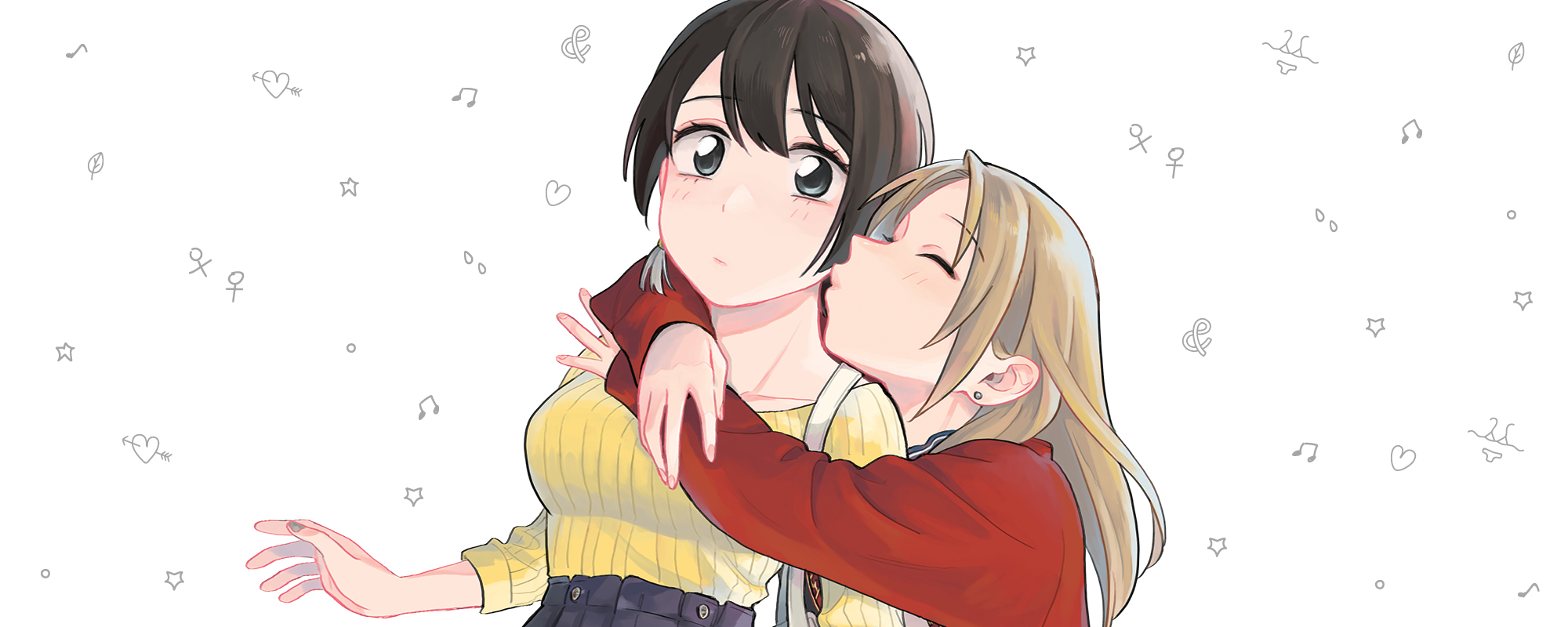Hello again! Here is the second (of hopefully many) in our series of interviews with Japanese staff in the manga industry! This time around I had the pleasure of interviewing the Editor-in-Chief of Ura Sunday Sho Kobayashi. For those who don’t know, Ura Sunday is an online manga site –similar to Shueisha’s Jump Plus, which houses several popular titles such as Kengan Ashura, Helck, After God, and Firefly Wedding.
Sho Kobayashi has an intriguing background –not only is he the Editor-in-Chief of Ura Sunday, but he and a few others basically founded the imprint themselves! Feels very similar to us here at Manga Mavericks Books, doesn’t it?
Please enjoy the interview, and of course stay tuned as we (and I) have more interviews we’d like to conduct and bring to readers soon.
Q1: As the chief editor of Ura Sunday, could you tell us about your role? Also, how did you come to be involved with Shogakukan?
Strictly speaking, I launched the web manga site Ura Sunday in 2013, when I was a member of the Weekly Shonen Sunday editorial department. At that time, more and more people were starting to read manga digitally—via the web and apps—so I felt there was a huge potential to reach a larger audience. I also believed that by providing a platform where creators could post their work digitally, we could discover new talent.
I still oversee the Ura Sunday comic label today, but within Shogakukan, our editorial department is now officially called the MangaONE editorial department. What started as a team of just three people has now grown to over 30 editors. As one of the original founding members, my primary responsibilities involve deciding which new series to serialize, managing the app and web operations, and overseeing the overall direction of the platform.

The Ura Sunday logo.
Q2: What is your favorite manga, whether from Shogakukan or elsewhere?
My all-time favorite is Dragon Ball. I admired Goku so much that I started practicing martial arts as a kid, and I’ve kept at it ever since. This love of fighting probably influenced my work as an editor, too—I was in charge of launching titles like Kengan Ashura and often work on battle-action series.
Q3: What do you see as the main difference between Weekly Shonen Sunday and Ura Sunday/MangaONE?
The biggest difference lies in the platform. MangaONE is an app, which makes in-app purchases easy for users—so it’s well-suited to monetization. However, since Ura Sunday started as a web-based manga site, the app still retains many of its features, such as comment sections where readers can post feedback and ranking systems similar to major web platforms.
Q4: Compared to other publishers, Shogakukan has many online manga platforms. Why is that?
Perhaps because Ura Sunday—which we launched independently with just three people—became a success. Maybe the company realized that even small teams could build a successful online manga platform, and got a taste for it! (laughs)
Q5: What philosophy or criteria does Ura Sunday use when selecting new serializations?
It’s about finding the right balance between “originality” and “accessibility.” Commercial manga is, in part, an art form—so it needs to have unique, creative ideas from the author. That’s why, on a digital platform like ours, you see many fresh and genre-blending works by young creators compared to traditional magazines. At the same time, for a work to succeed as a business, it has to reach a broad audience. Balancing those two aspects—innovation and clarity—is always the biggest challenge.
Q6: Recently, completed Ura Sunday works like Helck and The Legendary Hero is Dead have been adapted into anime. Going forward, will anime adaptations continue to focus on completed works?
Most anime adaptations happen when production companies or producers approach us with an offer, and we proceed based on those requests. The fact that completed series from Ura Sunday and MangaONE are being chosen likely reflects the strength of our works—they continue to attract the attention of producers even after serialization ends.

Helck by Nanaki Nanano. The Anime streams on HiDive and Hulu, and the manga is being released in English by Viz Media.
Q7: While some titles have been licensed overseas, others like TSUYOSHI, Tsui no Taimashi, and Ura Baito have not. Do you think there’s an audience for these works abroad, and does the editorial team plan to expand internationally?
I do believe there’s international demand for them. Since most overseas licenses come through requests from foreign publishers, I expect that as those offers increase, we’ll be able to expand more internationally.

Takashi Yomoyama’s Tsui no Tamashi: “Ender aller Geister.”
Q8: Is there collaboration between Ura Sunday/MangaONE and other editorial departments, such as Sunday GX or Weekly Shonen Sunday?
Yes, we’ve collaborated before. For instance, we did a crossover between our title Rai Rai Rai and Sunday GX’s COSMOS. Both are modern sci-fi series featuring aliens, so when there’s a natural affinity between works, we definitely explore collaboration opportunities.
Q9: What advice would you give to aspiring manga artists who want to be published on Ura Sunday?
Believe in what you want to draw and keep creating. The “fun” of manga is a lot like the “flavor” of cooking—there are countless kinds of it. To deliver the kind of “fun” you love to as many readers as possible, you need to keep honing your craft and figuring out how to make your stories resonate. Nobody creates a masterpiece on their first try. Just like in cooking, you develop your skills through trial, error, and iteration until you can serve up something truly amazing. Trust your own taste and keep going—that’s the most important thing.

Advert for the Anime adaption of Subaruichi’s The Legendary Hero Is Dead! Which ran in Ura Sunday. The anime streams on Crunchyroll.
Q10: What are your future goals for Ura Sunday as a platform, and how do you plan to adapt to the changing habits of manga readers?
Right now, the MangaONE app has become our main platform, drawing the largest domestic audience, while Ura Sunday continues primarily as a label for printed volumes and is somewhat stagnant as a web medium. That said, I still see value in it as a place to discover new creators. I’d love for it to evolve into a kind of “playground” where readers and creators can connect directly.
Q11: In the face of falling revenue in digital and physical manga magazines, how do you make MangaONE/Ura Sunday remain sustainable?
A: To keep a platform like ours sustainable, I believe the only real path is to consistently produce hit titles.
Fortunately, over the past 10 years, MangaONE has launched several works that have become popular with both male and female readers, such as Mob Psycho 100, Kengan Ashura, and Firefly Wedding. Being a digital-first platform is also an advantage, as it allows us to operate at a lower cost compared to print magazines.
We’re also seeing a steady influx of new talent. Moving forward, we plan to strengthen our efforts in scouting promising creators, while aiming to generate major hits from the platform. At the same time, we’ll continue to pursue media mix opportunities—such as anime adaptations and large-scale promotional campaigns—to ensure ongoing growth and sustainability.
Q11: Ura Sunday publishes a wide range of works—from shonen battle series like Kengan Ashura to mature yuri romances like How Do We Relationship?. How do you maintain such diversity across genres and demographics?
Editors from all over Shogakukan’s different magazines have joined the MangaONE team. I came from Weekly Shonen Sunday, but others came from seinen magazines like Big Comic Spirits, shoujo magazines like Ciao, and women’s magazines like Cheese!. Because we have editors with such varied backgrounds and perspectives, we naturally end up with a lineup of diverse, genre-spanning works.

Top: How Do we Relationship? Available from VizMedia, bottom: Kengan Ashura which has an anime streaming on Netflix. The manga is available from Comikey Media.




